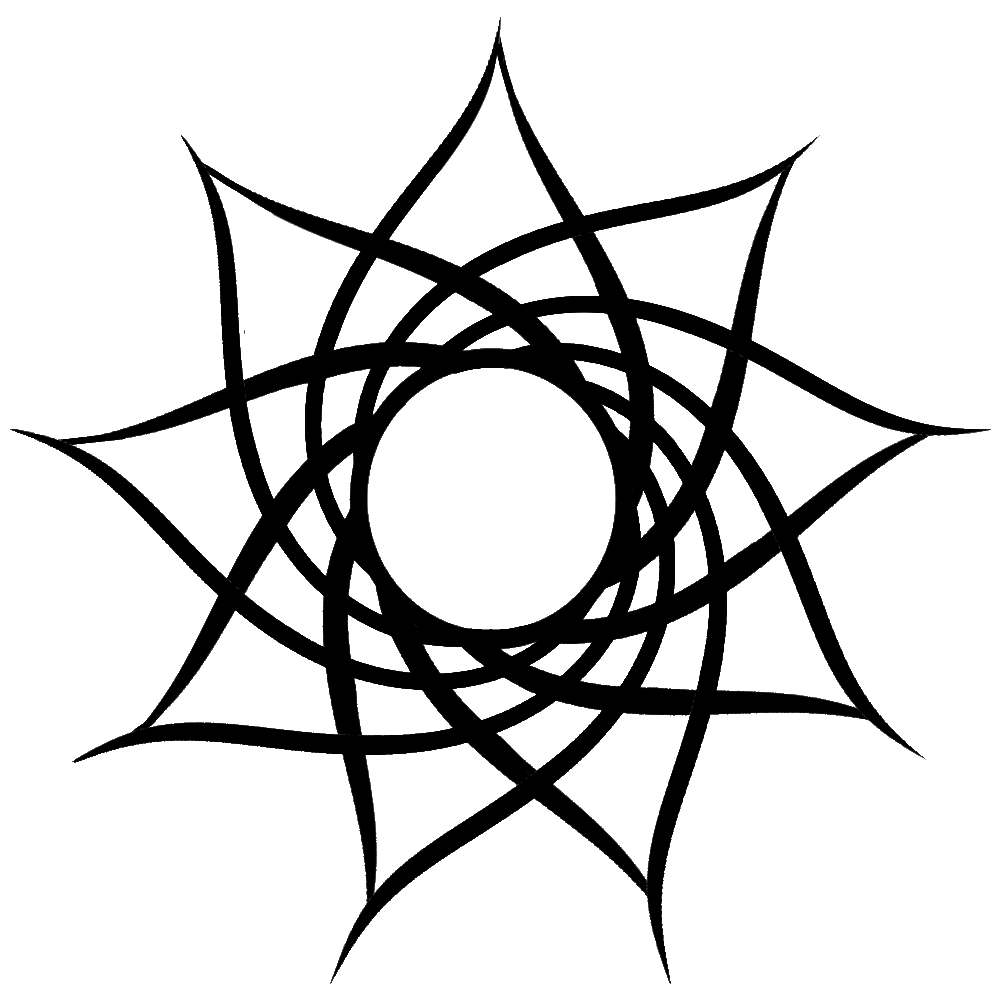What We Learned From a Pandemic: A Stronger Thought of Peace
- OPA UK

- Sep 16, 2022
- 4 min read
Updated: Nov 28, 2023
The Baha’i dictum – “When a thought of war comes, oppose it with a stronger thought of peace” has been read by some as simplistic. But in the past two years, that perception has changed as we face up to the idea that war, poverty, inequality, disunity, are choices we’re all making. It all begins in the mind and heart.
People around the world have waged war on a regular basis. They’ve done it since time began. Any number got rich from it and the rest ignored it. Not knowing the victims personally, most weren’t very involved.
We thought of injustice and inequality as “givens” in society — that they’ve been with us since civilisation began. We accepted the idea that there were people who got dinner and those who didn’t. People who had a warm home and those who hadn’t. Our culture was inured to the idea.
And then came the pandemic. And suffering no longer meant observing countries like Afghanistan, Nicaragua or Syria from afar. Isolation and doing-without no longer meant “some people I don’t know.” It meant here and it meant all of us. Now the entire world felt the onslaught of a common enemy. And we began to sympathise more fully with people across the planet who’d always lived this way.
In a brutal about-face that came with a deadly virus, most human activity was halted overnight and only people with what were called “essential jobs” carried on. The implication was that many of our occupations were optional and perhaps even frivolous. Some began re-ordering their work life to match their ideals more closely. Some retired early. And others felt that, whether essential or not in a pandemic, their job was essential to them. In any case, we knew that the decisions about employment were ours to make.
Simultaneously, the world discovered the idea of working remotely and how effective or ineffective that may be. We found that commuting added more carbon to the environment and wondered whether showing up in an office warranted the expense and further pollution of the planet. Others learned that face-to-face commerce was vital. The key element is that we learned.
In the end, having the “essentials” of a skeletal existence flagged-up, or finding that our presence in an office isn’t critical, constituted progress because the process highlighted that we human beings have the ability to define society. We design our lives, and our impetus to change often comes as a result of painful or shocking realisations. As a result of a pandemic, we’ve been assured that we’re ultimately creative creatures and up to the challenge. We can adjust. We decide what matters and what doesn’t — from the ground up.
We have the ability to learn that some of our choices don’t follow our ideals or support the common good, and when we realise that, we can alter our course. So, clearly, it’s time to face the fact that if injustice or destructiveness wasn’t the result of an active choice, it wouldn’t be happening. We must conclude that what we do matters on both an individual and collective basis. There is no “other” in a world united at the core. We’re all rooted in the same ground.
And having realised this in our heart-of-hearts, we also recognised that we can drive less. Fly less. Spend less. Use less. Have less. Help more. Give more. Care tremendously, actively and all the time.
How gratifying that even nature responded when we changed course on abuse of the environment during the pandemic. Without people wind-milling in all directions wild animals came out of hiding, the air began to clear and, in Venice, the bottoms of canals that have been polluted by tourism for hundreds of years were visible again beneath clear blue water.
Paradoxically, at home by ourselves and stopped in our tracks, we could see clearly that we weren’t really in isolation -- ever -- but directly connected to family, neighbours, the planet and everyone on it. Because what was happening to that person in China today would be happening here tomorrow, quite literally.

The fundamental rules of justice, equity and connectedness played out in front of our eyes at the grocery store too. We each realised that if we took whatever we pleased, somebody else had none. That could mean at the end of a twelve-hour shift the nurse who saved my grandmother’s life would have nothing for dinner because the shelves were bare. And, more than ever, we had to question that age-old jab at the Divine -- “How could God let people suffer?” Because the mirage had lifted and we’d learned something profound and irrefutable. It's we who chose this. We’d created this version of civilisation. We can change it. And there's nothing stopping us. The world of matter arises from spirit – and not the other way around!
It's quite simple in practice really – “When a thought of war comes …”
“Reflections on the pandemic” written by Nancy Warren, Media Officer for the UK Baha'i Office of Public Affairs















